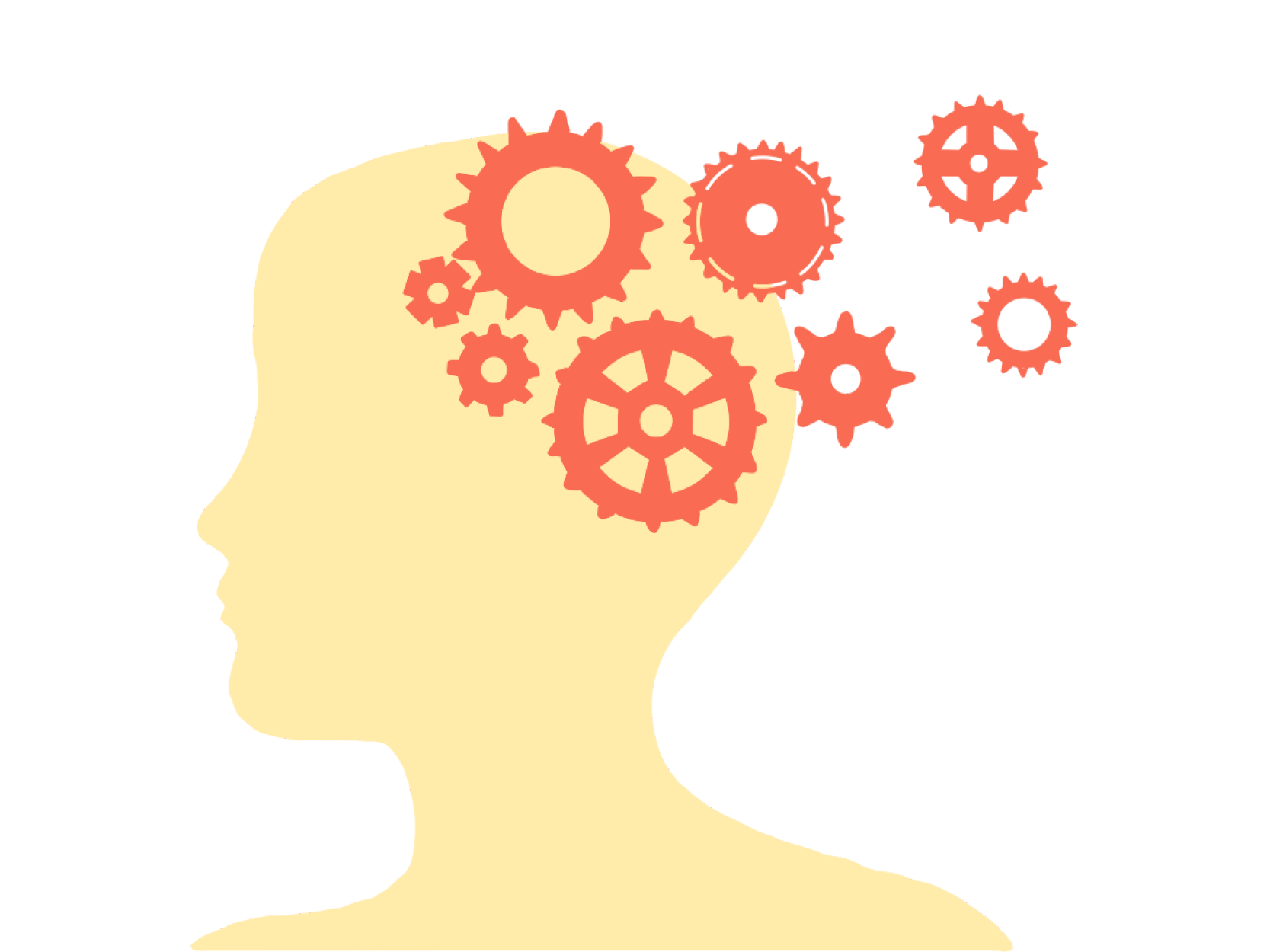Mental Wellness and Childcare
Signs of Trauma and Where to Get Help

It’s normal to feel tense after a disaster. There’s no easy solution for coping, but taking the time to calm yourself with relaxation exercises can help you get through the day. You can meditate, stretch, swim, pray, listen to music, spend time in nature, and so on. Here’s a quick breathing exercise that helps, too:
• Take a slow breath in through your nose (for about 4 seconds)
• Hold your breath for 1 or 2 seconds
• Exhale slowly through your mouth (over about 4 seconds)
• Wait 2-3 seconds before taking another breath
• Repeat for at least 5-10 breaths
Here are a few tips for helping children cope more long-term:
• Give them extra time and attention — Kids need attention to know they’re safe. Talk, play, and, most importantly, listen.
• Limit TV time — While it’s important for adults to stay informed about the disaster, TV images and reports may be confusing and frightening for children.
• Watch your own behavior — Make a point of being sensitive to those impacted by the disaster. This is an opportunity to teach your kids that we all need to help each other.
• Help your children return to a normal routine — Children usually benefit from routine activities such as set eating times, bedtime, and playing with others.
• Involve kids in volunteer work — Helping others can give children a sense of control and security.
A Calming Kit can temporarily soothe children in tough situations. (Children should have a small go-bag at school as well.)
Items to include are:
• Puzzles
• Small chalkboard or Etch A Sketch
• Play-Doh or Silly Putty
• Scratch-and-sniff stickers
• Snow globe
• Noise-canceling headphones
• Small blanket
• Family photo

Where to Get Help
Beyond feeling tense, anxiety and depression are common symptoms of trauma-induced stress. Other psychological signs are irritability or anger; self-blame or blaming others; isolation and withdrawal; denial; fear of recurrence; feeling stunned, numb, or overwhelmed; feeling helpless; concentration and memory issues; and relationship problems or marital discord. Physiological symptoms include loss of appetite, headaches, chest pain, diarrhea or nausea, hyperactivity, nightmares, and insomnia. Help is available:
Immediate Response
• Santa Barbara County Toll Free 24-Hour Access Line
— Contact: (888) 868-1649
• Santa Barbara Response Network — Contact: Jina Carvalho, (805) 452-6457
• American Red Cross — (805) 687-1331
• Hospice of Santa Barbara — (805) 563-8820
Short-Term Support
• Santa Barbara County Psychological Association
• Jewish Family Service of Greater Santa Barbara
— Contact: Ruth Steinberg, (805) 957-1116
• Cottage Health
— (805) 569-7501; cottagehealth.org
• California HOPE-805
— (805) 845-2973
• Hospice of Santa Barbara
— (805) 563-8820
Long-Term Support
• Santa Barbara County Psychological Association
• Jewish Family Service of Greater Santa Barbara
— Contact: Ruth Steinberg, (805) 957-1116
• Cottage Health
— (805) 569-7501; cottagehealth.org
• Institute for Congregational Trauma and Growth
— Contact: Kate Wiebe, kwiebe@ictg.org



